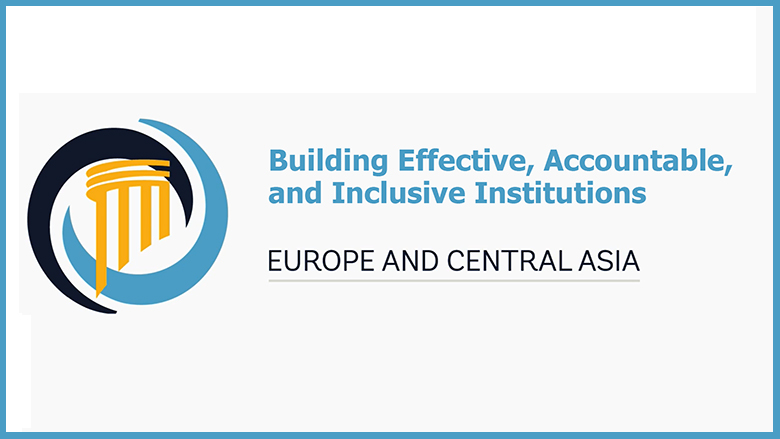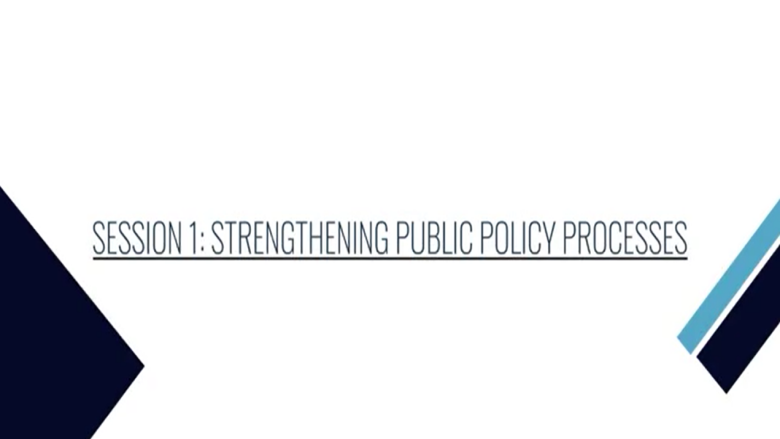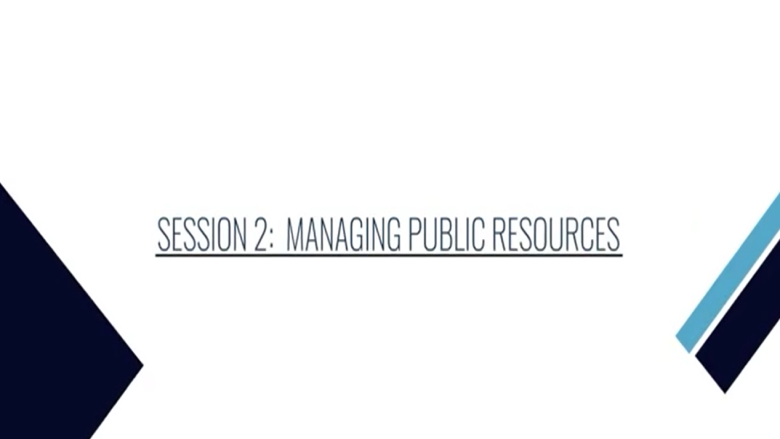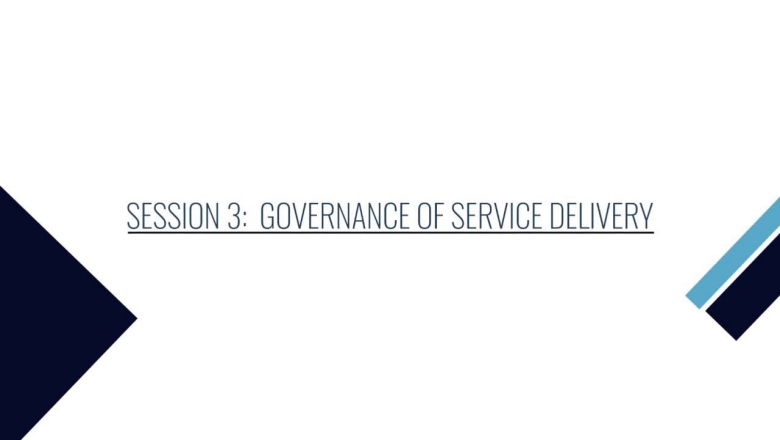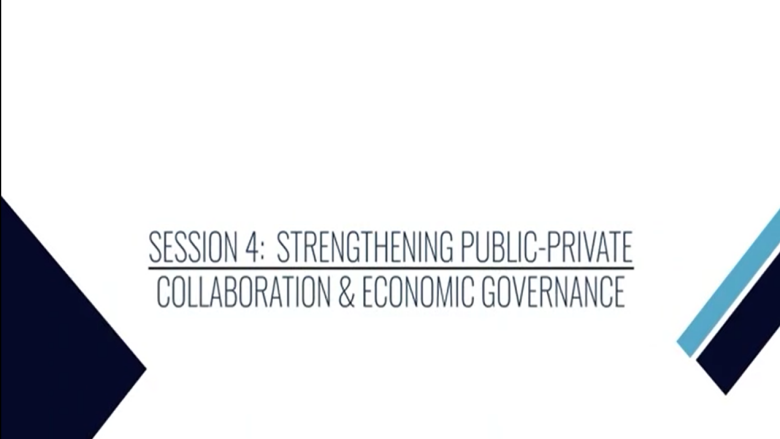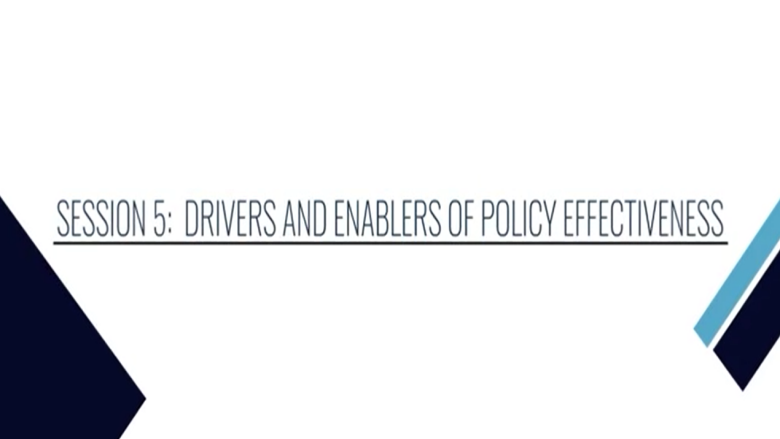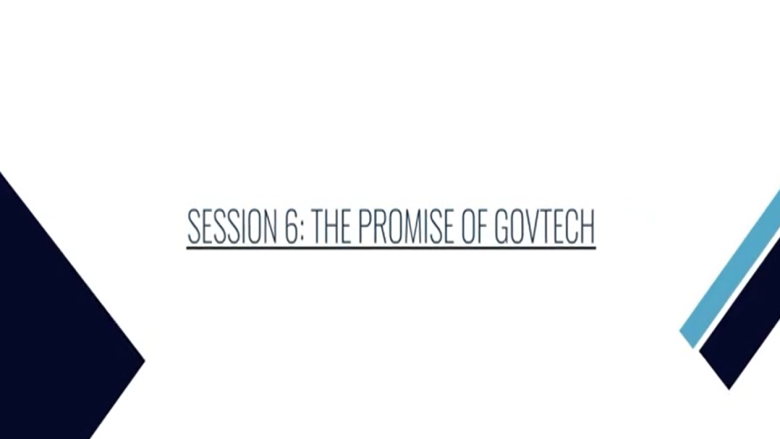Around the world, countries are facing increasing pressure on public resources, complex service delivery needs, demands for transparency and inclusion, and increased global fragility and migration flows. The ability of governments to respond to these challenges is often stretched, while citizens’ expectations continue to rise, resulting in dissatisfaction and lack of trust. In Europe and Central Asia, governments must overcome these challenges as they work to create effective, accountable and inclusive public institutions that can promote inclusive growth and development.
In June 2019, the Europe and Central Asia Regional Governance Conference brought together over 500 delegates from local governments, international development partners, academics, private sector, and civil society groups to take stock of reforms to improve governance in the region, and discuss ways to inspire next generation changes in improving governance practices.
The Conference discussions centered around 6 key governance themes:
- Strengthening Public Policy Processes
- Managing Public Resources Effectively
- Governance of Service Delivery
- Strengthening Public-Private Collaboration and Economic Governance
- Drivers and Enablers of Policy Effectiveness
- The Promise of GovTech
---------------------------------------------------------
Further Reading
Presentations - Country Examples
